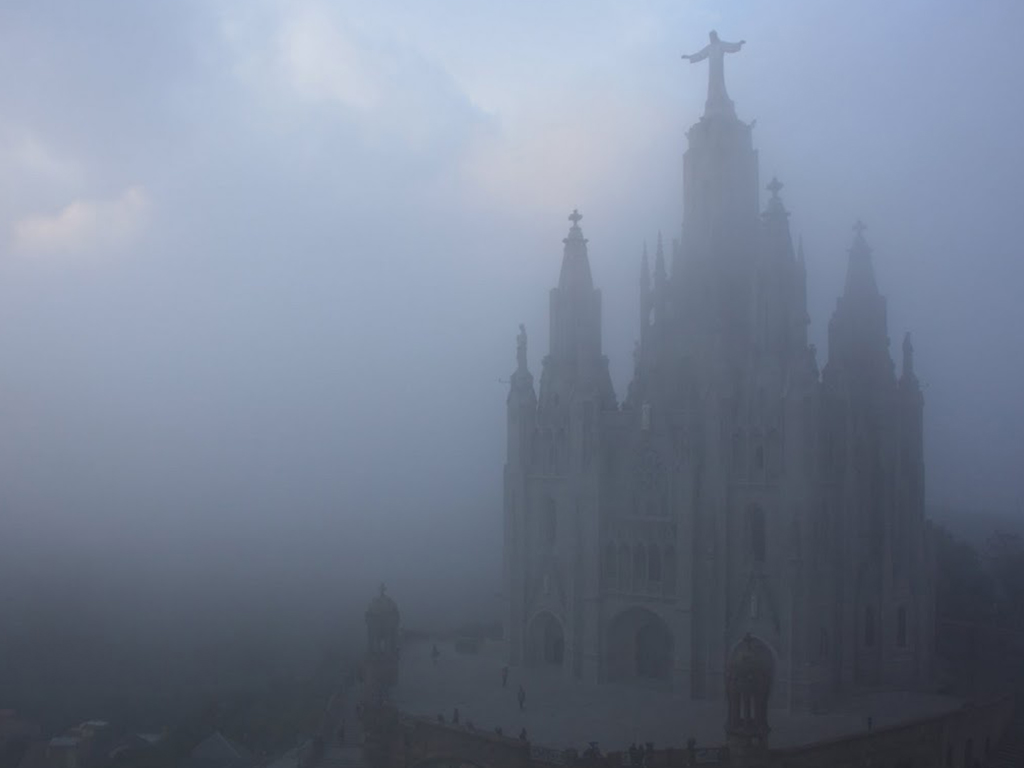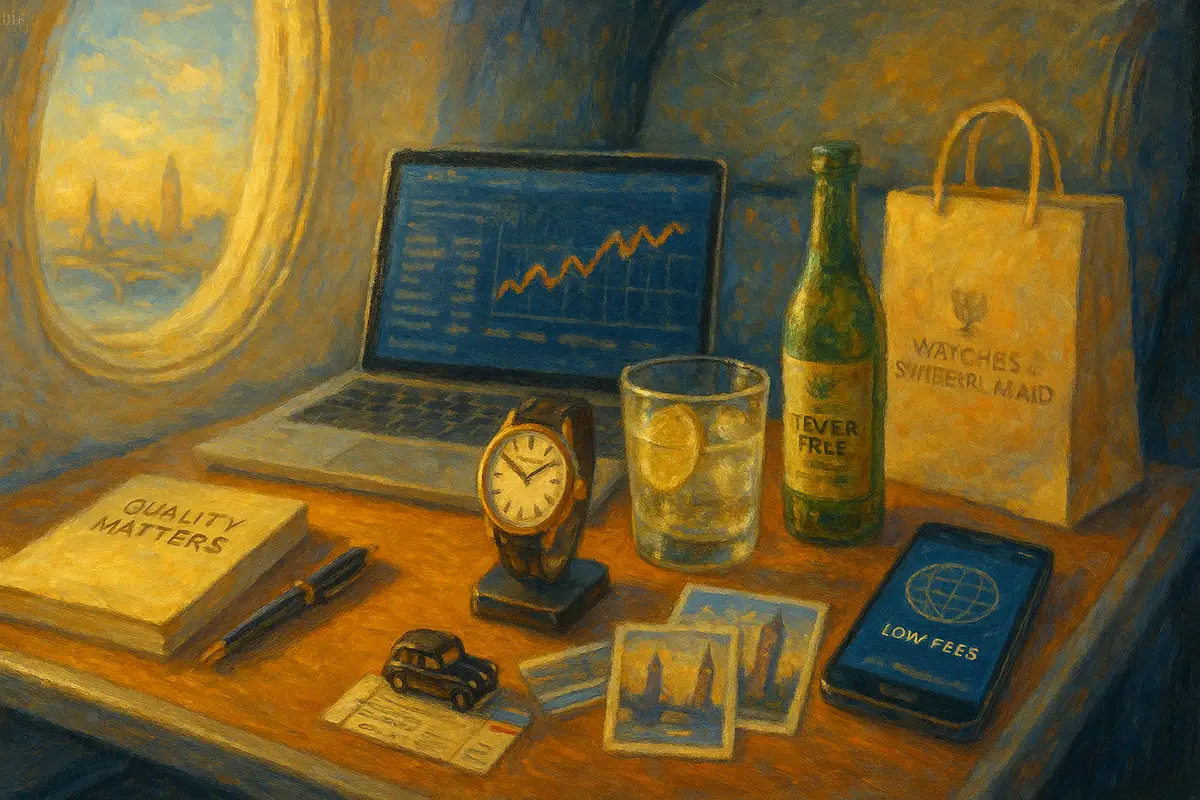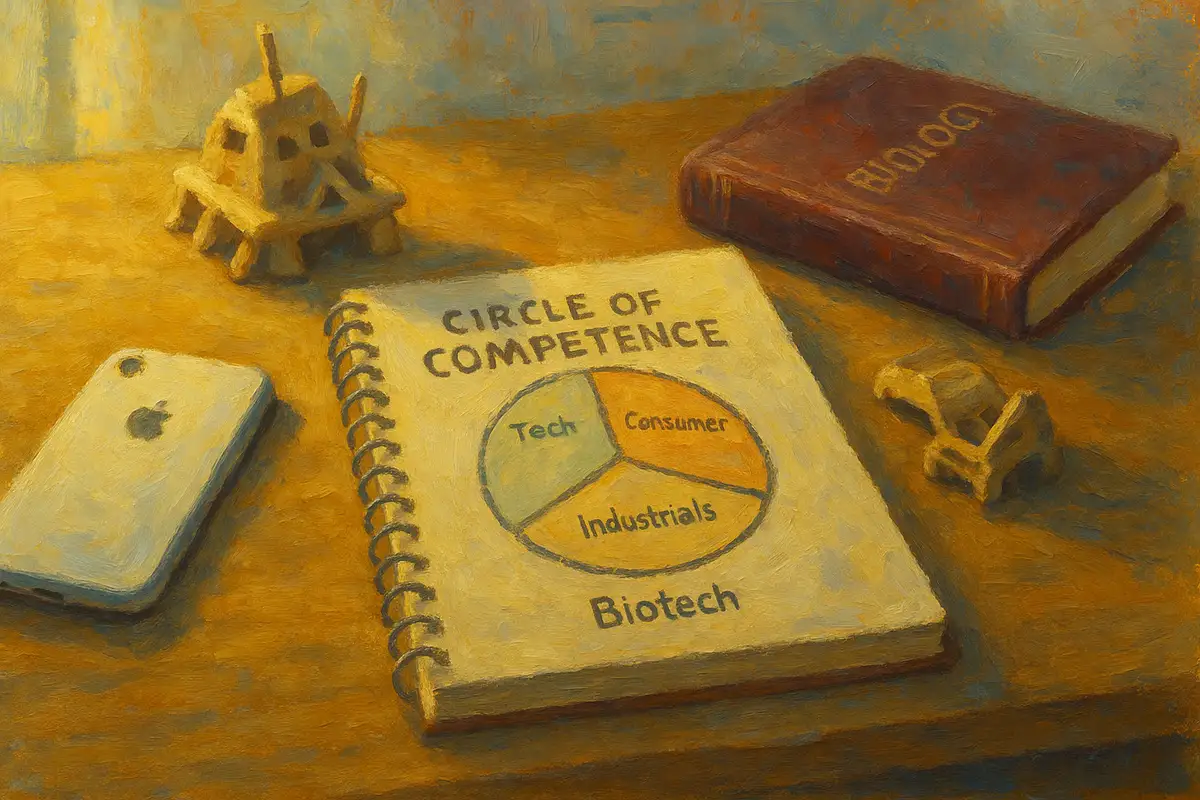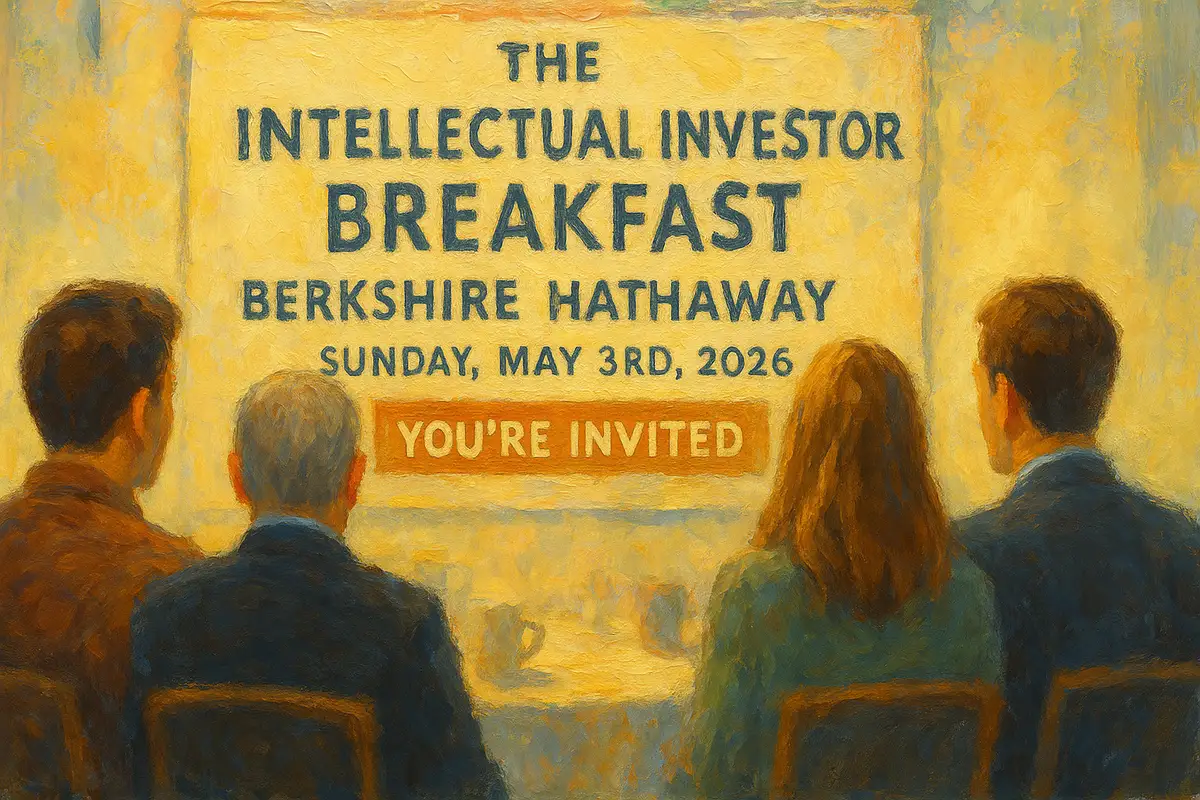I wanted to share with you my interview with my friend Bob Huebscher who runs a terrific website Advisor Perspectives. I am very excited about this interview because in a very unconstrained format we had a chance to discuss Paul Krugman’s latest bearish article on China, the linkage between the European crisis and Chinese and Japanese bubbles. We revisited sideways markets, profit margins (I picked a bone with Apple’s high margins), and concluded with Microsoft.
Here are some pictures (I took close to 1,300 only a dozen or so are worth sharing) from my November trip to Spain (Barcelona and Madrid/Toledo) and South Africa (requires facebook login). On our way to Madrid, my brother Alex and I had a (intentionally long) layover in Atlanta. My friend Aaron Edelheit picked us up from the airport and took us to one of my favorite places in the world – Stone Mountain park (here are some pics, facebook login required). Imagine an enormous granite boulder 800 feet above ground, surrounded by a picturesque forest and a lake. And of course, the largest relief sculpture in the world, the size of two and a half football fields that pictures three Southern generals (in the South you still often hear the Civil war called the “War of Northern Oppression”). It took almost 60 years to complete it.
Funny thing happened. Here I am in the middle of this paradise and my iPhone keeps beeping and vibrating with emails. Every time it beeps I diligently checked my email, deleted it, and put it back in my pocket. Aaron, being a good friend, said “Vitaliy I used to do that too. If you are not careful this little device will turn you into a Pavlov’s dog. I figured out a trick, turn off the sound and vibrating on your phone. This way you can check your emails on your time and the impulse to check email will go away.” I followed Aaron’s advice and killed email notification on both my iPhone and iPad. I have to tell you it is extremely liberating. Now I go through the whole dinner at home without checking email once! I hope you do the same.
Finally I wanted to wish you a very happy, healthy and prosperous 2012. – Vitaliy
Vitaliy Katsenelson on Krugman’s Missed Call
We spoke with Vitaliy on December 20, 2011.
Paul Krugman wrote about China in his New York Times column last Monday. That’s a topic that you have researched closely. He said that “China’s story just sounds too much like the crack-ups we’ve already seen elsewhere,” referring to the financial crisis in the US and the Japanese lost decade. Do you agree with his assessment?
Yes. You can draw a lot of parallels between the Japanese and US real estate bubbles. But China’s bubble is much larger; it spreads beyond residential real estate to commercial real estate, the industrial sector, and infrastructure. Also, though there were government fingerprints on the US and Japanese real estate bubbles, the Chinese real estate bubble was directly and entirely caused by the Chinese government.
The Chinese bubble has been inflating for years. It should have popped during 2008 recession. But China fire-hosed a stimulus equal to 12% of its GDP into its economy and was able to keep the bubble growing.
When is it going to pop? It has already begun. You see sales volumes and prices plummeting at double-digit rates in second-tier cities.
I agree with Krugman’s assessment. What perplexes me is why the Nobel Prize-winning economist wrote this column now, when the problems he describes are plain for all to see, and not a few years ago. You’d think he would have been alarmed over the consequences of monstrous government intervention in an economy the size of China’s. But perhaps Krugman, who describes himself as a liberal economist, secretly hoped that the Chinese government would be able to manage the economy better than the free market.
But even over the last few years China’s growth has remained relatively strong – certainly as compared to the rest of the world – just not as strong as it was in the years prior to that.
It was completely driven by fixed-asset investment and the bad loans that came with that – not a sustainable type of growth.
One of the things Krugman pointed to was the lack of reliable data from the Chinese government. To what extent does that cloud your analysis, and how certain can you be in your forecast and your analysis, given the uncertainty, or unreliability, of Chinese government data?
He is right. When you look at Chinese government data, it has a couple of biases. Number one is in the way they collect data: it comes from municipalities and local governments that are given growth targets. The federal government says, “You need to grow, let’s say 10% of GDP per capita, for your municipality.” The local bureaucrat has to get that growth. The easiest way to do it is to build, and that is why they have had a real estate bubble.
But the problem is, if the local bureaucrats fail to deliver the growth they know they’ll lose their jobs. So they start cooking the numbers, and they start sending numbers to the top that are falsified. That is the number one bias.
The second bias is that this is a government that is very concerned about its image. It is very good at propaganda. The government puts people in jail for writing anti-government articles. The economic statistics are the output of a propaganda machine. You truly can’t trust the data coming from the government.
But that is why you look at anecdotal evidence, and the data points they can’t or just don’t bother to cook. During the 2008-2009 recession, the global economy was contracting and the Chinese government was showing that GDP was growing at a fairly healthy pace. However, other data points, like the tonnage of goods shipped through railroads, were down by double digits. Electricity consumption declined too.
Eventually, we started seeing empty cities popping up here and there.
What made it easy for me to understand China is that I was raised in Soviet Russia for the first half of my life. This experience helped me to understand how inefficient, dysfunctional, and corrupt an economy that is run by the government can be. You start seeing and piecing together the small bits of anecdotal evidence. You build a framework that helps you to understand their economy.
Are there any policy options that are still available to the Chinese government, for example, stimulus measures that it could take to avert the kind of crisis that Krugman predicts and that you say is already occurring?
I am fairly certain that, once the pain of economic slowdown is felt, the government will do what it did in 2008: It will try to re-inflate the bubble. But that will add another layer of future problems on top of the existing ones. For instance, according to Pivot Capital, toxic shadow banking, which was almost nonexistent in 2008, is estimated to be $250 billion in 2011. The Chinese government may manage to keep the bubble from bursting for a little longer, but at some point the basic laws of economics will assert themselves, and there is absolutely nothing the Chinese will be able to do.









0 comments
0